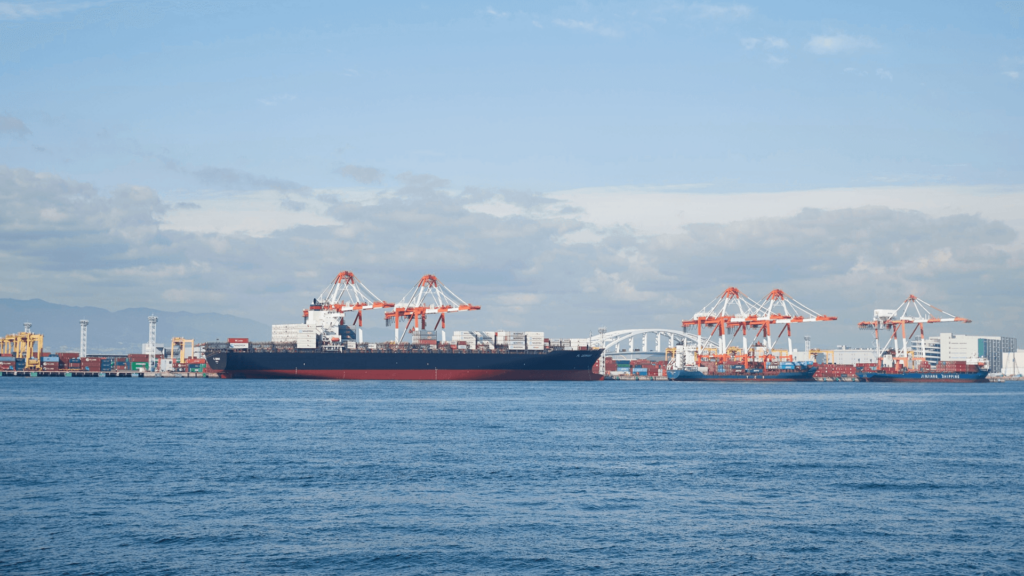
Mobility-as-a-Service is gaining prominence as a possible solution to the long-standing challenge of seamless mobility, overcoming the boundaries between the different transport modes and achieving an integrated transport system for both people and goods.
New customer needs, new services, and new ways for offering services are emerging at unprecedented speed: digitalisation has already transformed many traditional industries and is now about to challenge the transportation sector, first at the urban level but increasingly European-wide. The city of Helsinki had acknowledged the increasing role of the ICTs early on and hadits its own original approach to ”Mobility-as-a-Service”. Mobility-as-a-Service is a mobility distribution model in which a customer’s major transportation needs are met over one interface and are offered by an integrated service provider in an eco-system made of infrastructures, transportation services, information and payment services organised to ease the transport customer’s experience.
https://www.youtube.com/watch?v=ZQieTU7_5xo
Such changes and innovations have not escaped the attention of the European Commission: the 2011 Transport White Paper pointed at “the availability of information over travelling time and routing alternatives” as a prerequisite “to ensure seamless door-to-door mobility, both for passengers and for freight” (art. 41, COM(2011)144). Yet, barriers between transport modes and between countries are as many impediments to integrated seamless customer transport experience.
This 3rd Florence Intermodal Forum aims at critically reflecting on the concept and practice of “Mobility-as-a-Service” and assess its generalizability at an EU level. It will do so by:
In short, the purpose of this 3 rd Florence Intermodal Forum is to reflect on the practicability and generalizability of the “Mobiliy-as-a-Service” approach. We will do so by learning from visionnaires, experts and practioners from the city of Helsinki and the Finnish Ministry of Transport and Communication, representatives of the European Commission, passengers’ associations, regulators, operators, associations and academics.
The environment provided by European University Institute helps to facilitate an open dialogue among key players, such as:
Prof Matthias Finger, FSR-Transport Director, and Mr Bertil Hylen, FSR-Transport Adviser, will engage in the debate that also features the participation of representatives of Finnish Ministry of Transport and Communication, UITP, Car Postal, AustriaTech, Siemens, Qualcomm.
For more information please contact FSR.Transport@eui.eu
EUROPEAN TRANSPORT REGULATION OBSERVER
Introduction to the 3rd Florence Intermodal Forum – MATTHIAS FINGER
Mobility-as-a-Service: the new transport paradigm – SAMPO HIETANEN
Innovative services and digitalisation in transport sector – VEERA KOJO
Integrating mobility services from various operators – STEFFEN SCHAEFER
The Changing Transport System: New Passengers Needs and New Mobility Solutions – TREVOR GARROD
!e Changing Transport System: New Passengers Needs and New Mobility Solutions – SVEND LEIRVAAG
New Passengers Needs and New Mobility Solutions – MARTINA MUEGGLER
Breaking Down Barriers – What Is Needed? Technological Solutions to Drive Innovation – BERTIL HYLÉN
Breaking Down Barriers – What Is Needed? Technological Solutions to Drive Innovation – ALBERTO DI FELICE
TRANSFORuM – Roadmap on a European Information, Management and Payment System – FLORIAN KRESSLER
Breaking Down Barriers – What Is Needed? Technological Solutions to Drive Innovation – DANIEL GERASKOV
How Much EU? How Much Subsidiarity? – THOMAS AVANZATA
Mobility as a Service: new European model for sustainable transportation? – MERJIA KYLLONEN

The 4th Florence Rail Regulation Conference aims to discuss advancements for accelerating the growth of the railways in the EU.…

The 3rd Florence Aviation Regulation Conference aims to discuss current and future economic and regulatory policies relating to European air…

The 1st Florence Maritime Regulation Conference aims to discuss regulatory advancements that accelerate the competitiveness and sustainable development of shipping,…
To meet, discuss and learn in the channel that suits you best.